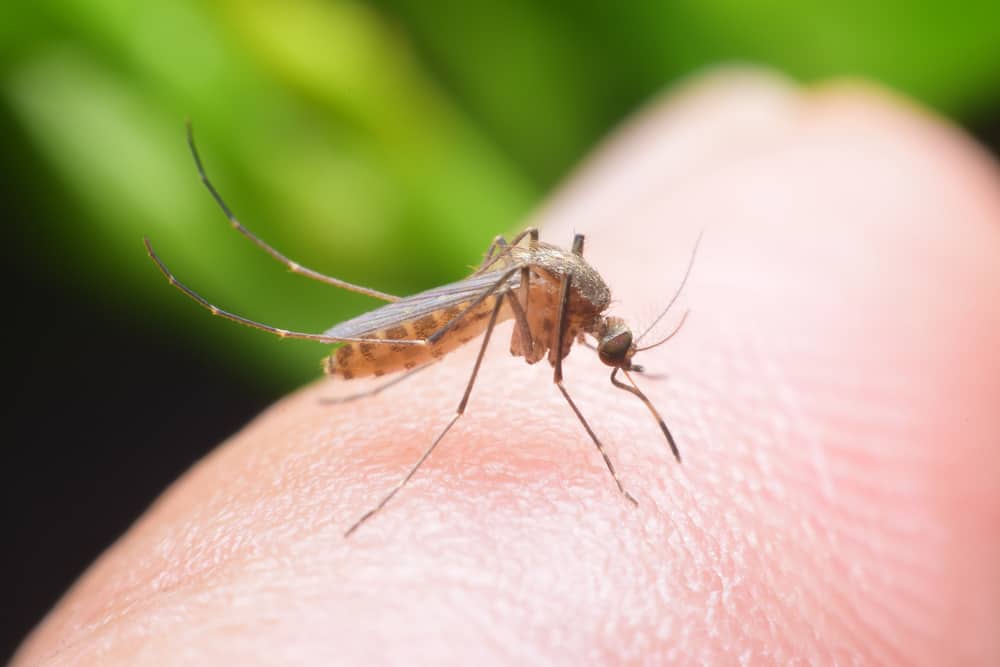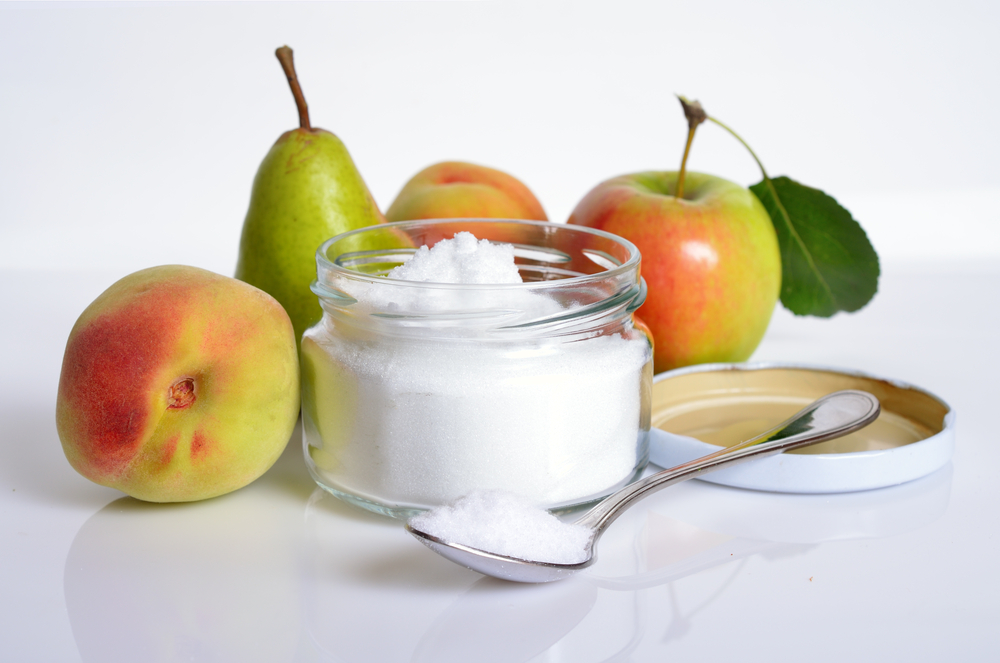Contents:
- Medical Video: Avoid These 9 Foods When You Have A Migraines
- What are the MSG content?
- MSG side effects for the body
- Why does eating MSG make headaches?
- Limit MSG from food
Medical Video: Avoid These 9 Foods When You Have A Migraines
When you eat out, have you suddenly been attacked by a headache that feels piercing and makes you dizzy? Either eating in a sidewalk tent or in a five-star restaurant, headaches during meals are quite common in Asian countries. If you have experienced it too, it could be that the headache is the body's reaction to MSG which is also known as "micin '. To find out more about how MSG can make headaches, see the following information.
What are the MSG content?
Monosodium glutamate or often abbreviated as MSG is a food flavor enhancer that is commonly found in Asia. This substance is in the form of fine crystals like salt that can make the dish taste more savory and delicious. MSG itself is made from a mixture of sodium and glutamic acid. MSG products currently available in the market and shop are factory-made, not natural.
MSG side effects for the body
Already many people who report various complaints after eating foods that contain MSG. Some have experienced side effects after consuming MSG a little, but there are also people who will experience side effects if they consume too much MSG. Here are the complaints that often arise.
- Headache
- Dizzy
- Migraine
- Nausea
- Numb the back neck, back, and arms
- Chest tightness
- Heart palpitations (palpitations)
- Symptoms like an asthma attack
- Pressure on the cheeks or jaw
- The head or face feels stiff
- Sweating
- Limp
Why does eating MSG make headaches?
Experts are still debating how exactly MSG makes headaches or other adverse effects on the body. Until now, no studies have been able to prove how MSG can cause bodily reactions as mentioned above. The studies that have been carried out can only show a strong link between the MSG and these complaints.
However, there are several theories that are strong enough to explain why MSG makes headaches. Glutamic acid content in MSG is believed to make your blood vessels narrow and then widen. This narrowing and dilation of blood vessels makes your head feel painful.
These blood vessel reactions can trigger abnormal activities in the brain nerves. The nerves of the brain will be stimulated by substances in the MSG so that you feel dizzy and have a headache.
Limit MSG from food
Usually the complaints that are experienced due to consumption of MSG are not fatal. Side effects that appear will disappear slowly after you stop consuming MSG foods. To relieve various symptoms, you can take headache medication and take a break. However, if your reaction to MSG is serious, you should contact your doctor.
The only way to prevent MSG side effects is to limit or not consume MSG at all. If you are eating out, ask the food processor or waiter so that your MSG food is not added. While when you cook at home, don't use MSG.












